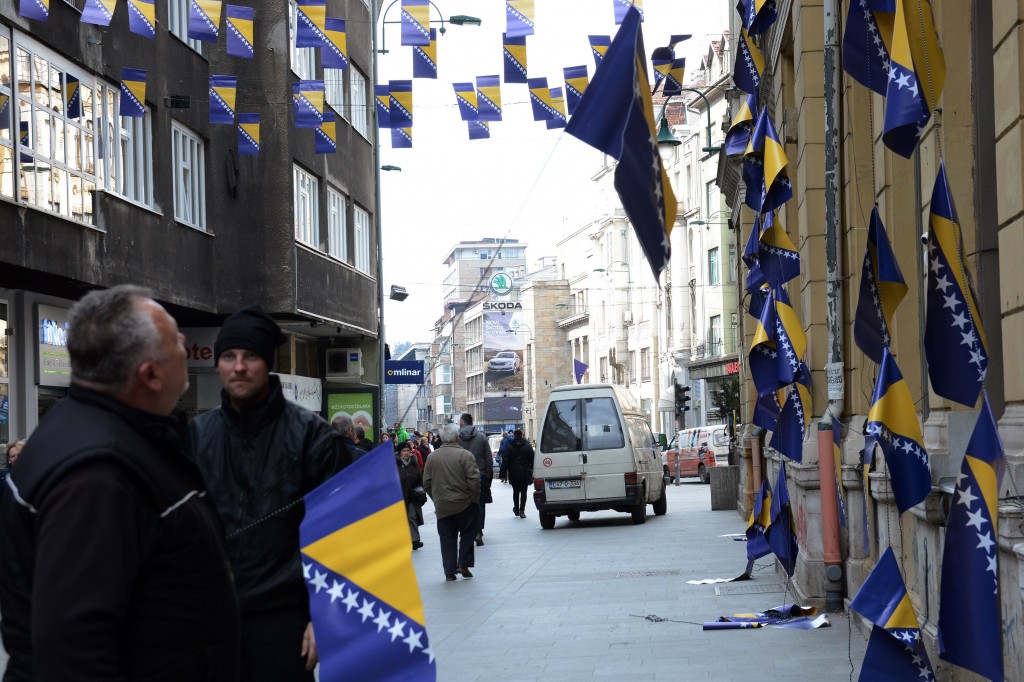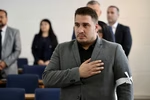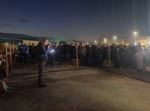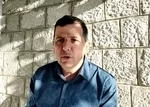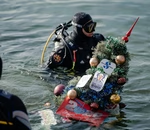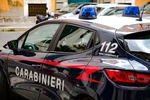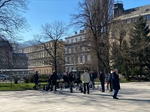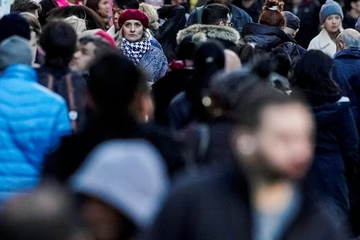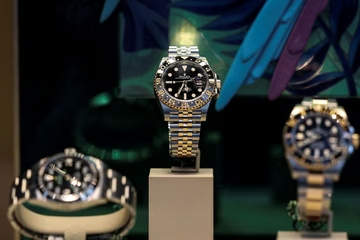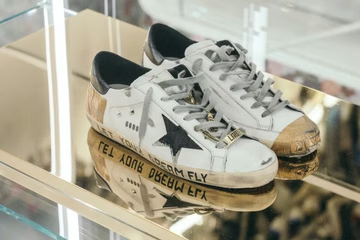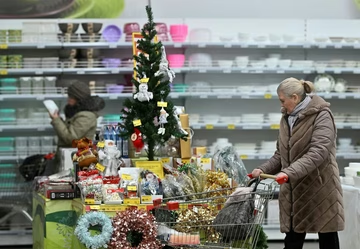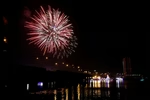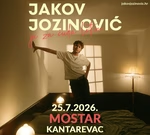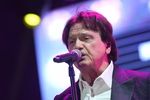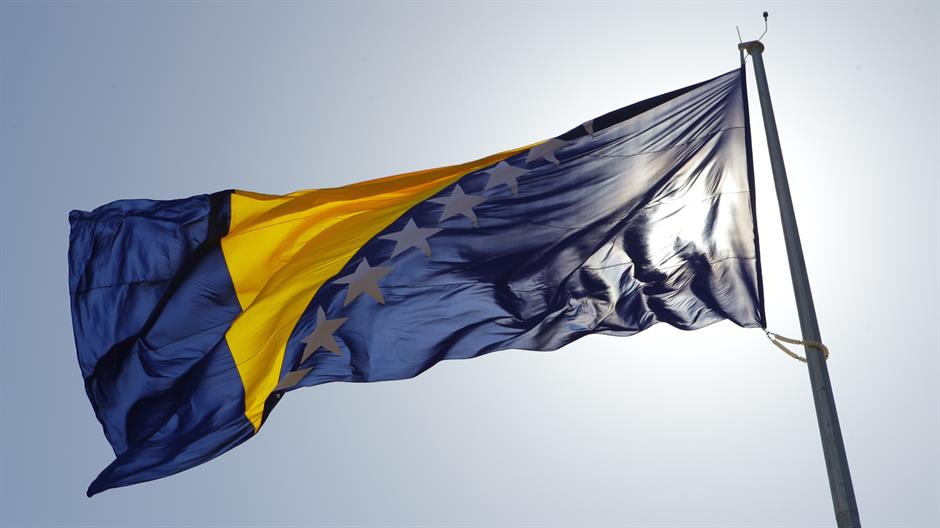
As usual, only half of Bosnia and Herzegovina is marking March 1st as the country’s Independence Day is celebrated mostly only by Bosniaks and Croats. In the other, Serb-dominated half, March 1st is a working day as usual.
Even 27 years after Bosnia’s referendum on independence, opinions on the holiday are divided between the country’s two semi-autonomous entities - the Bosnian-Croat majority Federation (FBiH) and the Serb-majority Republika Srpska (RS).
Streets and squares in the Federation are decorated with Bosnian flags, but the other entity does not recognise the holiday.
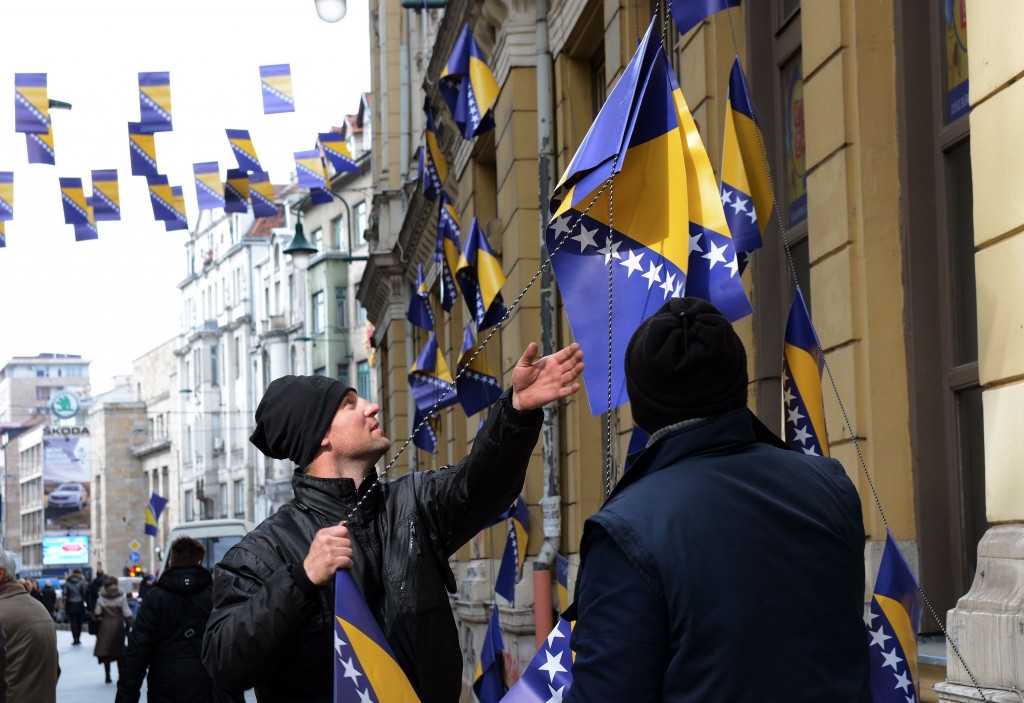

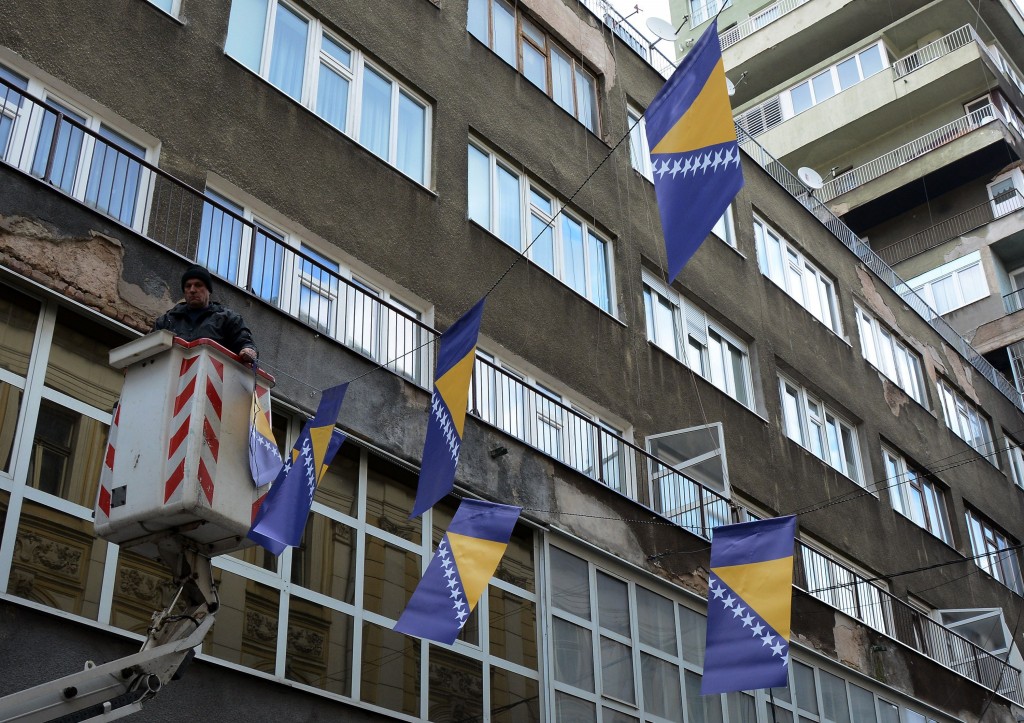
Bosnian Serbs never wanted Bosnia to secede from the then Serb-dominated Yugoslavia and boycotted the referendum on independence on February 29, 1992.
Citizens were asked:
“Are you in favour of a sovereign and independent Bosnia and Herzegovina, a state of equal citizens, peoples of Bosnia and Herzegovina - Muslims, Serbs, Croats and members of other peoples who live there?”
That day, 2,073,568 people or 63,6% of the citizens in the country voted, and 99,7% of them voted in favour, while 0,3% against.
When the next day the votes were counted, the Bosnian Serbs rebelled against the decision to secede, which triggered a war that took some 100,000 lives and ended four years later with the internal division of the country into two regions, linked by a common government.
Since then, the FBiH celebrates March 1st as Independence Day and the RS celebrates January 9, the Day of Republika Srpska, when their leadership in 1992 declared the establishment of the so-called Serb Republic of Bosnia and Herzegovina, that later became Republika Srpska.
That part was meant to secede and become part of neighbouring Serbia.
Officials in the two entities mostly do not recognise and do not attend each other’s celebration.
The traditional reception on the eve of Bosnia’s Independence Day was again hosted only by the Bosniak and the Croat members of the tripartite presidency, while the Serb member chose to spend the evening in Belgrade, where he marked the day when the Serb part of the country adopted its first constitution.
The Chariman of the country’s Council of Ministers, effectively the Prime Minister, Denis Zvizdic, a Bosniak, congratulated Independence Day, saying that “we have 27 years ago decided on the sovereignty and independence of our only country.”
“Our values and goals stay unchanged: Bosnia and Herzegovina as a sovereign and independent country in which all citizens enjoy the same rights and freedoms,” he said in a press statement on Thursday.
The Bosniak member of the country’s tripartite Presidency, Sefik Dzaferovic, told the FENA news agency that Bosnia was recognised as an independent state by all countries in the world and that it became a member of the UN in May 1992.
“This is a state holiday. There is a Law on Independence Day, and all those who now dispute March 1 are actually disrespecting the law,” he said.
But most Bosnian Serb politicians claim that Bosnia’s Independence Day does not reflect the will of all peoples in Bosnia and that there is no law on state holidays which was adopted through consensus.
Most of them also claim the 1992 referendum was illegal.
But wartime member of the Presidency Ejup Ganic remembers how the decision was made.
He told N1 that he presented what the situation in Bosnia is like to international community representatives two days before the decision to call a referendum was made.
“And they said ‘you have no other option’ than to ask the citizens, and that is a referendum. Those who today believe that we made a mistake should say - what other path was there?” Ganic said.
European countries granted Bosnia recognition on April 6, 1992, and the US did so a day later. On May 22, 1992, Bosnia became a full member of the UN.
On February 28, 1995, Bosnia’s Parliament decided that March 1 should be celebrated as Independence Day, and the European Economic Community recognised the holiday.
The Bosniak Vice-President of the Serb entity, Ramiz Salkic, said that in Republika Srpska only some towns with a strong Bosniak population, such as Prijedor, Srebrenica and Zvornik, are marking Independence Day.
Kakvo je tvoje mišljenje o ovome?
Učestvuj u diskusiji ili pročitaj komentare





 Srbija
Srbija
 Hrvatska
Hrvatska
 Slovenija
Slovenija




